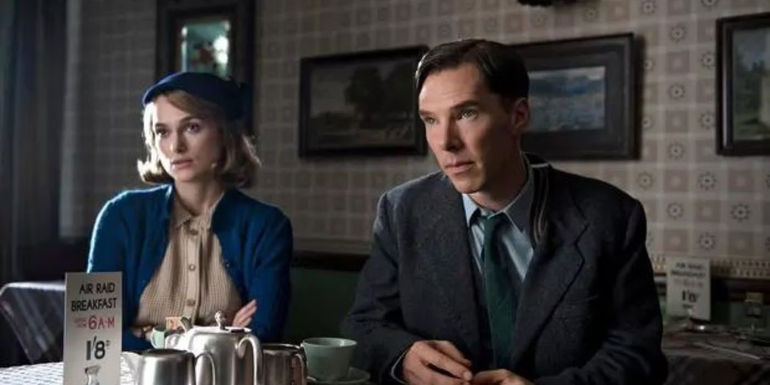
The Art of Biopics: Telling a Life's Story on the Big Screen

Exploring the challenges and opportunities of biographical films in capturing the essence of historical figures.
The Rise of Biopics
Fitting an entire life into a movie isn’t easy. Biopics often attempt to condense the entire story of a historical figure's life into one neatly packaged movie, but they could often benefit from having some more time to play with. Biopics have always been popular, but they seem to be gaining even more prominence. Music biopics are the latest Hollywood trend, with Elvis, Bohemian Rhapsody, Rocketman, and more all being released in the last few years. Biopics aren't just commercially viable, they also seem to be perfectly tailored for awards-season success, so they probably won't slow down any time soon.
Rami Malek as Freddie Mercury in Bohemian Rhapsody
Some celebrities and historical figures are so interesting that a single movie isn't enough to adequately tell their story. Some biopics prefer to focus on a specific period of someone's life rather than attempting to describe the entire span of it, but this approach also comes with problems. In other cases, historical figures are better suited to biographical TV series that allow enough time to examine their lives in detail. The Crown is one famous example of this approach. If a biopic can keep things interesting, it's always worth considering adding some extra detail in a movie or making a TV series instead.
Mary and Freddie in Bohemian Rhapsody
The Impact of Biopics
The world of biopics is filled with examples of films that only scratch the surface of their subjects' lives. Bohemian Rhapsody, The Imitation Game, and The Greatest Showman are just a few examples of biopics that left audiences wanting more. These films, despite their critical acclaim, struggled to fully capture the complexity and depth of the individuals they portrayed. For instance, Bohemian Rhapsody, while an interesting artifact for any fan of Queen's music, only dipped a toe into the darker facets of Freddie Mercury's life. Similarly, The Imitation Game showed only a fraction of the uncomfortable truth facing Alan Turing. The Greatest Showman, though a musical spectacle, felt short from a storytelling point of view, leaving many aspects of P.T. Barnum's life unexplored.
Rami Malek as Freddie Mercury in Bohemian Rhapsody
On the other hand, biopics like Frost/Nixon and Malcolm X have successfully focused on specific periods or events in the lives of their subjects, providing a more intimate and detailed portrayal. However, even these films, such as Legend and J. Edgar, faced challenges in fully capturing the inner lives and complexities of their central figures. The impact of these biopics raises the question of whether a longer runtime or a TV series format could provide the necessary depth to tell these stories effectively.
Rami Malek as Freddie Mercury in Bohemian Rhapsody
The Potential for Expansion
The limitations of a conventional biopic format have led to discussions about alternative methods of storytelling, such as TV series adaptations. Baz Luhrmann's biopic of Elvis Presley is an example of a film that, despite its over two and a half hours runtime, leaves plenty more to explore. Luhrmann's intent to create an Elvis miniseries to expand upon the movie and reveal a slightly different story indicates the potential for a more extensive exploration of historical figures through TV series adaptations. Similarly, the rich and eventful life of Charlie Chaplin, as portrayed in the film Chaplin, could easily stretch into a miniseries, allowing for a more comprehensive depiction of his 75-year career and personal life.
Rami Malek as Freddie Mercury in Bohemian Rhapsody
The trend of adapting biopics into TV series is not new, as seen in the case of Malcolm X, whose extensive material from The Autobiography of Malcolm X presents an opportunity for a more extensive exploration of his life as a TV series. The potential for expansion into TV series format extends to other biopics, such as J. Edgar, Jobs, and Judy, all of which could benefit from a longer runtime to delve into the complexities of their subjects' lives.
Alan Turing an Joan Clarke sitting at a table in The Imitation Game













